How a deadly flood in Malawi may land a British food giant in court
- The Times
- 05 May 2025
The people of Kanseche believe a sugar plantation owned by Associated British Foods was to blame for floodwaters devastating their village and killing seven
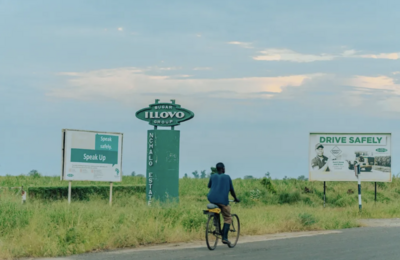
The people of Kanseche believe a sugar plantation owned by Associated British Foods was to blame for floodwaters devastating their village and killing seven
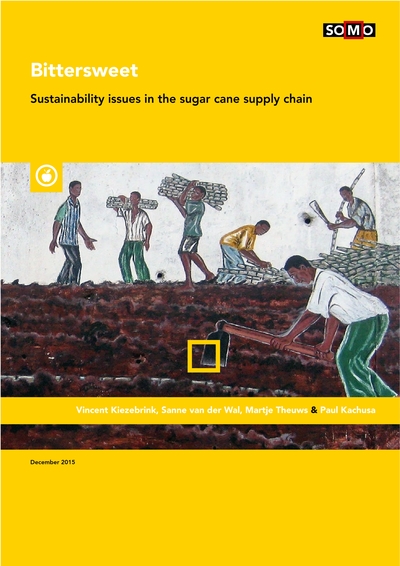
Based on new field research the report expands on working conditions and land conflict in Malawi’s sugar industry where Illovo Sugar (Malawi) Limited, a subsidiary of Associated British Foods is the country’s only producer
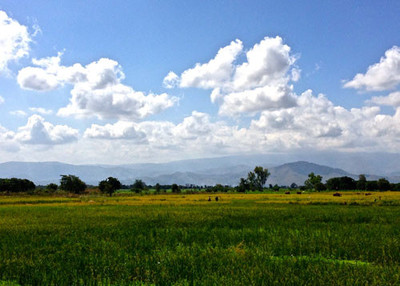
As part of Landesa’s ongoing Responsible Investments in Property and Land (RIPL) Project, Landesa staff conducted, in cooperation with Illovo Sugar Ltd, a study focused on Illovo’s operations in Malawi.
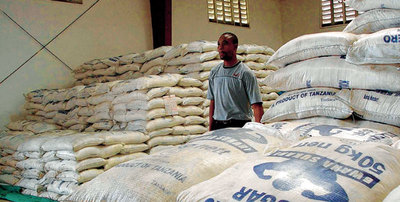
South African sugar, agrarian change and outgrowers adverse incorporation in the Kilombero Valley, Tanzania
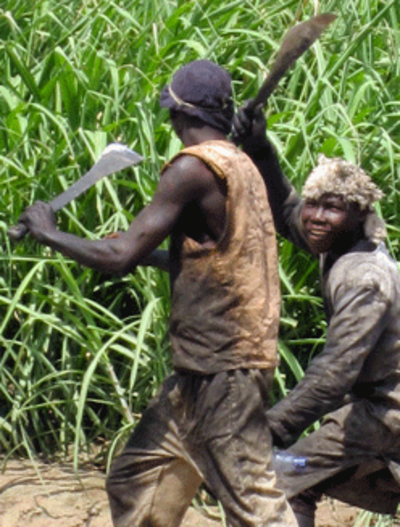
Illovo Sugar Limited is pleased to announce the launch of its Group Guidelines on Land and Land Rights.
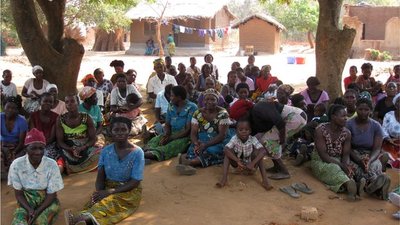
We met dozens of families with land circling Dwangwa town in central Malawi, who said they had been driven out to make way for larger, industrial farm-projects.
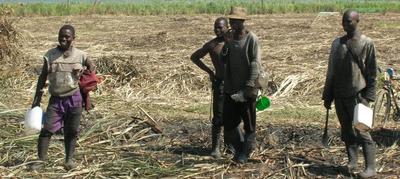
Four hundred subsistence farmers say sugar giant Illovo illegally took over 600 ha of their land in 1979. And they still want it back.
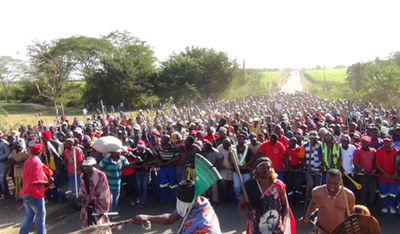
Over the course of the strike against Illovo involving some 3,000 workers, union members stood up to intimidation by military and security forces and legal action by the company intended to hamper picketing.
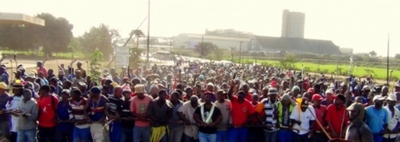
Swaziland's sugar workers score major success but struggle continues at Illovo, the largest sugar company in Africa.
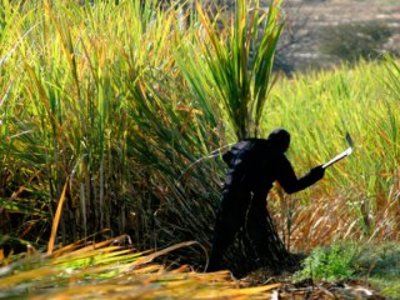
De petits paysans maliens tentent de récupérer, par la voie judiciaire, les terres qu’ils ont perdues au profit de gros investisseurs privés.
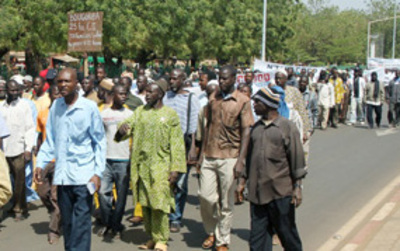
Deux investisseurs visés dans des procédures juridiques, la société SOSUMAR et le négociant en céréales des sociétés 3M, Modibo Keita, ont révisé leur position.
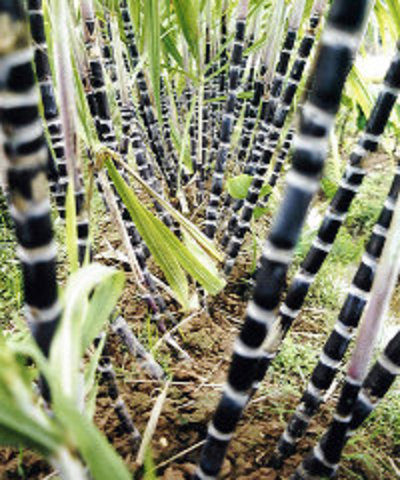
South African group Illovo Sugar has pulled out of a 2.6 billion rand sugar project in Mali, largely due to political risk and also funding difficulties, and will focus on growth opportunities elsewhere in Africa.